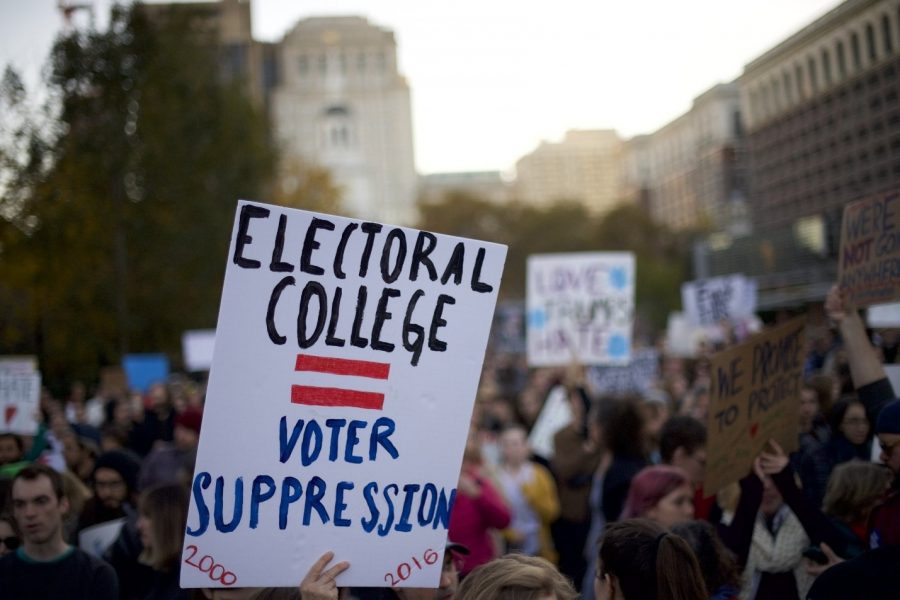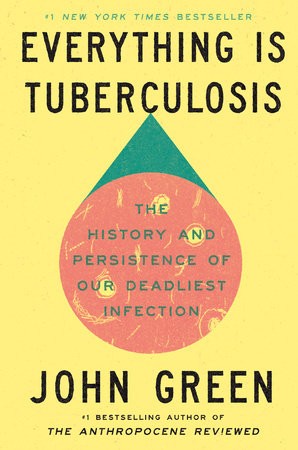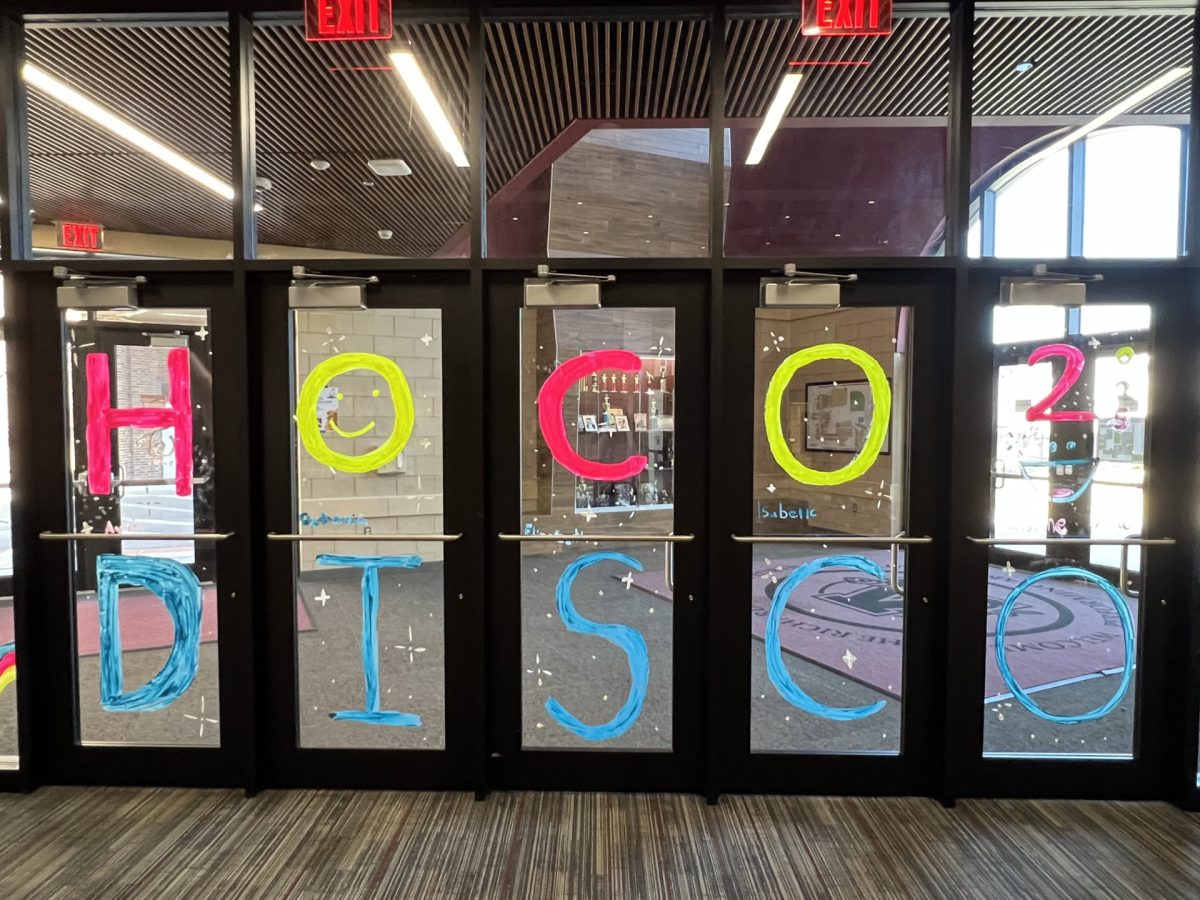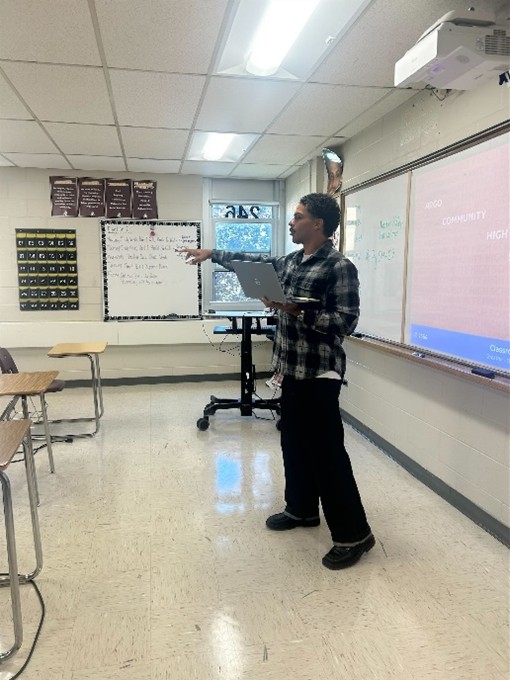Electoral College Controversy on the Minds of Americans as Election Looms
September 15, 2020
Election day is less than two months away and it’s already being considered one of the most important elections of our lifetime. The November 3rd general election is taking place amidst an upheaval in the Black Lives Matter movement, a pandemic, and with the incumbent being a candidate who has continued to demonstrate controversiality.
Opponents of the president are uneasy about America repeating the same mistake made in 2016. An overconfidence from the Democratic left resulted in their failure to secure the White House. It is well-known at this point that Hillary Clinton won the popular vote by approximately three million votes, however, Donald Trump has been in the White House for over three years. How did this happen?
When the United States was still forming its original outline for a government in the 1700’s, the electoral college was established as a way to compromise between allowing a popular vote of the people and a vote from Congress. However, there is never controversy until a flaw arises that affects the people, in this case, the lives of over three hundred million citizens who live in the United States.
According to Times Magazine, only four U.S. presidents have ever been decided through the electoral college rather than the popular vote. Although it may seem like a small number, those constitute for nearly nine percent of U.S. presidents over the years.
Not only does the electoral college betray the will of the people, but it also causes spikes in voter apathy. A 2018 study conducted by Pew Research Center concluded that although 70 percent of those surveyed believed high voter turnout was important, actual voter turnout was just about 56 percent in the most recent presidential election.
Voters in states such as Texas and California, which are densely populated and have historically voted Republican or Democratic, tend to feel their votes do not matter against the weight of the electoral college. In perspective, if 60 percent of the voting population votes Republican, then the Democratic population would see no point in going out to vote just for all the electoral votes to be given to the Republican candidate on the ballot, especially during a pandemic.
A 2016 study by the U.S. Elections Project and NPR Final Battleground Map finds voter turnout tends to be higher in Battleground states, those where a Democratic or Republican victory cannot be confidently predicted. Citizens in these states are less likely to be put off from voting due to the belief that their vote would not matter in the winner-take-all system that is the electoral college.
The solution to this flaw in the American democracy is as clear as it seems. The abolishment of the electoral college would allow for the voice of the people to shine through. In an election where the popular vote was supreme, millions more voters would be encouraged to go out and vote. The president would be directly chosen by the people to represent all Americans.
Regardless of the electoral college, in order to gain change we must participate to the full extent we can now. Register to vote here and make your voice heard. Your vote this year counts towards a more responsive democracy for Americans today and in the future.








